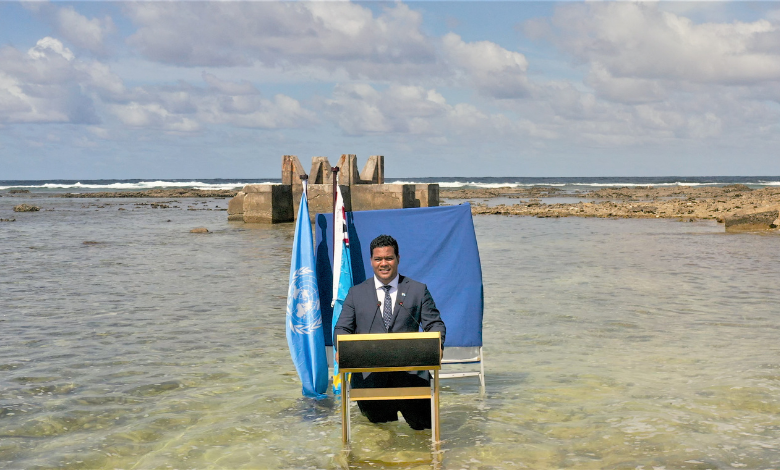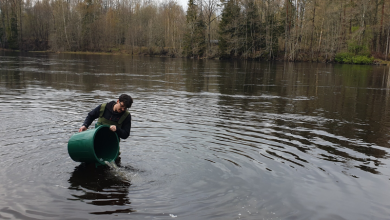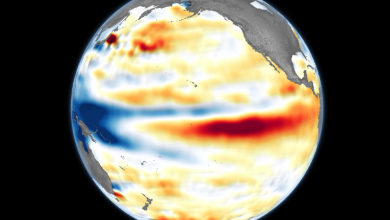Climate change fuelled by global actions could cause Tuvalu to disappear in the near future

Tuvalu in the South Pacific is one of the most enchanting island destinations on the planet. It is home to a reported population of around 12,000 people and receives only a handful number of visitors every year. But despite its diminutive size, the country has its own currency.
Characterised by a ring-shaped coral reef encompassing a lagoon, Tuvalu occupies a strategic location approximately halfway between Hawaii and Australia. But the pristine island nation is facing the unfortunate possibility of becoming inaccessible in the foreseeable future.
If scientific reports are to be considered, Tuvalu is fragile and low-lying, having elevations barely exceeding 15 feet above sea level. This concerning vulnerability makes it easy to become a victim to the relentless waves washing over them.
Climate change-led rising sea levels threatening Tuvalu
Reports suggest that rising sea levels and intensifying storms are gradually inundating islands, sparking concerns that Tuvalu – the fourth-smallest country on the planet – might become uninhabitable or completely disappear in the near future.
Scientists, including those part of a 1996 study by the South Pacific Regional Environment Programme and the Government of Japan, have raised alarm over the island nation’s susceptibility to the climate crisis, especially to the rising sea levels.
Unlike other environmental crises, Tuvalu’s concerning circumstance is believed to be a result of global actions, such as the combustion of fossil fuels releasing carbon emissions into the atmosphere and consequently, heating up the planet.
In fact, owing to the rise in emissions, the country in 2002 even considered taking legal action against Australia and the US. Meanwhile, a number of Tuvaluans pondered the idea of leaving the country due to concerns over rising sea levels.
It’s important to gain better clarity on the crisis
Not all scientists hold the same opinions on Tuvalu’s inevitable submersion. The challenge lies in navigating through the discussions and conflicting scientific perspectives to find the best possible solutions for the people of Tuvalu. Gaining better clarity is the need of the hour.
Nonetheless, if the several scientific reports are to go by, it becomes evident that the pristine island nation and its nearly 12,000 residents are indeed being troubled by a string of deepening challenges, with rising sea levels accounting for just one facet of a multifaceted problem.
Climate change has turned into one of the most pressing global threats. Participants at the COP28 Summit in November in Dubai agreed to operationalise the Loss and Damage Fund to compensate vulnerable countries like Tuvalu for consequences of the climate emergency.



